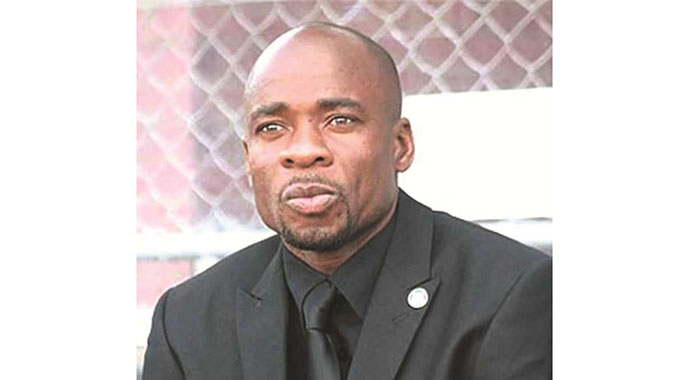Rio pulled it off
RIO DE JANEIRO. — In the end, it was a tale of two Games. The yin and yang Olympics, one of stark contrasts between the feats on the field of play, and regrettable actions off it.
Staged despite a lack of funds, deep recession and social turmoil, Rio de Janeiro unfurled South America’s first Olympic Games hoping against hope that the power of sport would eclipse a seemingly endless list of problems.
Arguably, it did.
Try telling one of the 80 000 Brazilians crammed into the Maracana stadium, who roared deliriously as Neymar won Brazil football gold with a crisp last-kick penalty, that this Olympics was anything but a success.
Or the residents of a notorious Rio slum who watched one of their own win Brazil’s first gold, in the judo arena.
Or try telling any one of the nine athletes who clinched their country’s first Olympic golds, or Team Great Britain who finished second in the medal table with their best performance in more than a century with golds across an unrivalled 15 sports.
Some felt Rio failed to present the five-star experience tourists and visitors had enjoyed at London 2012, but the Games proved the city could deliver a spectacle against the odds.
“Nothing big went wrong, right?” was a verdict repeated time and time again by smiling locals.
A swampy green diving pool and a bullet whizzing into the equestrian centre were of no consequence to most locals.
Rio 2016 had struggled with transportation, security, empty stands and dwindling funds as Brazil was gripped by its worst economic downturn since the 1930s. — Reuters.






Comments